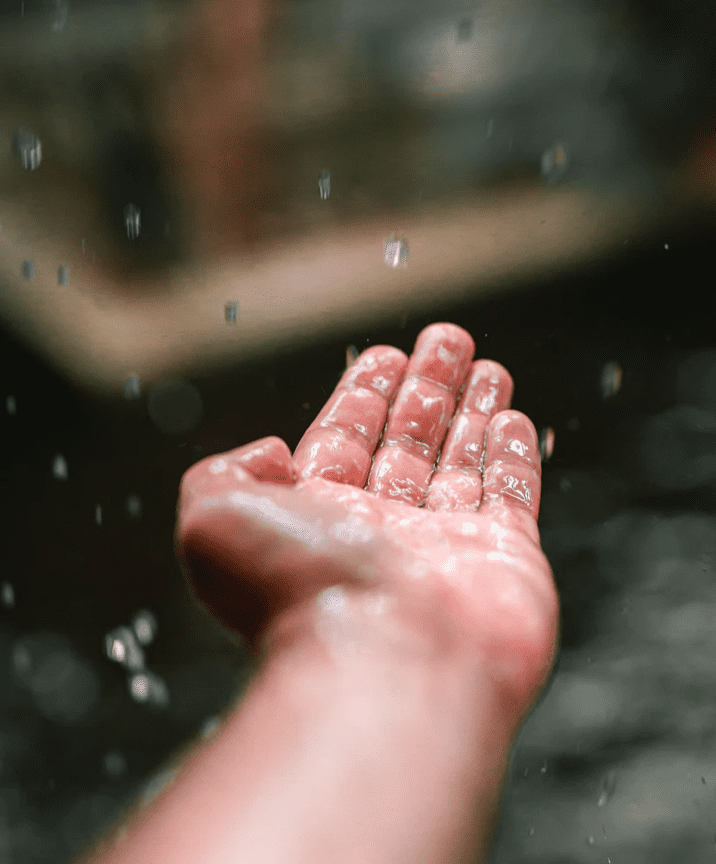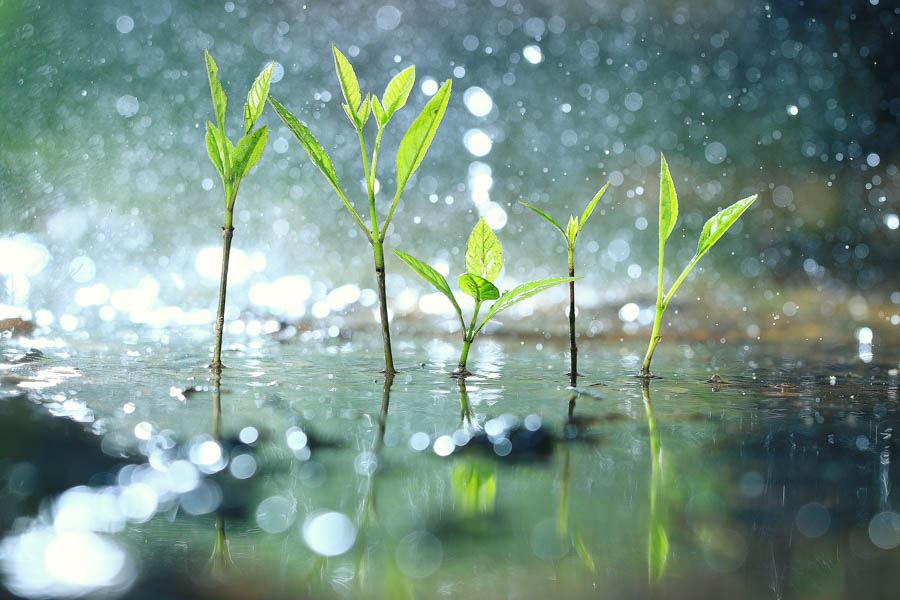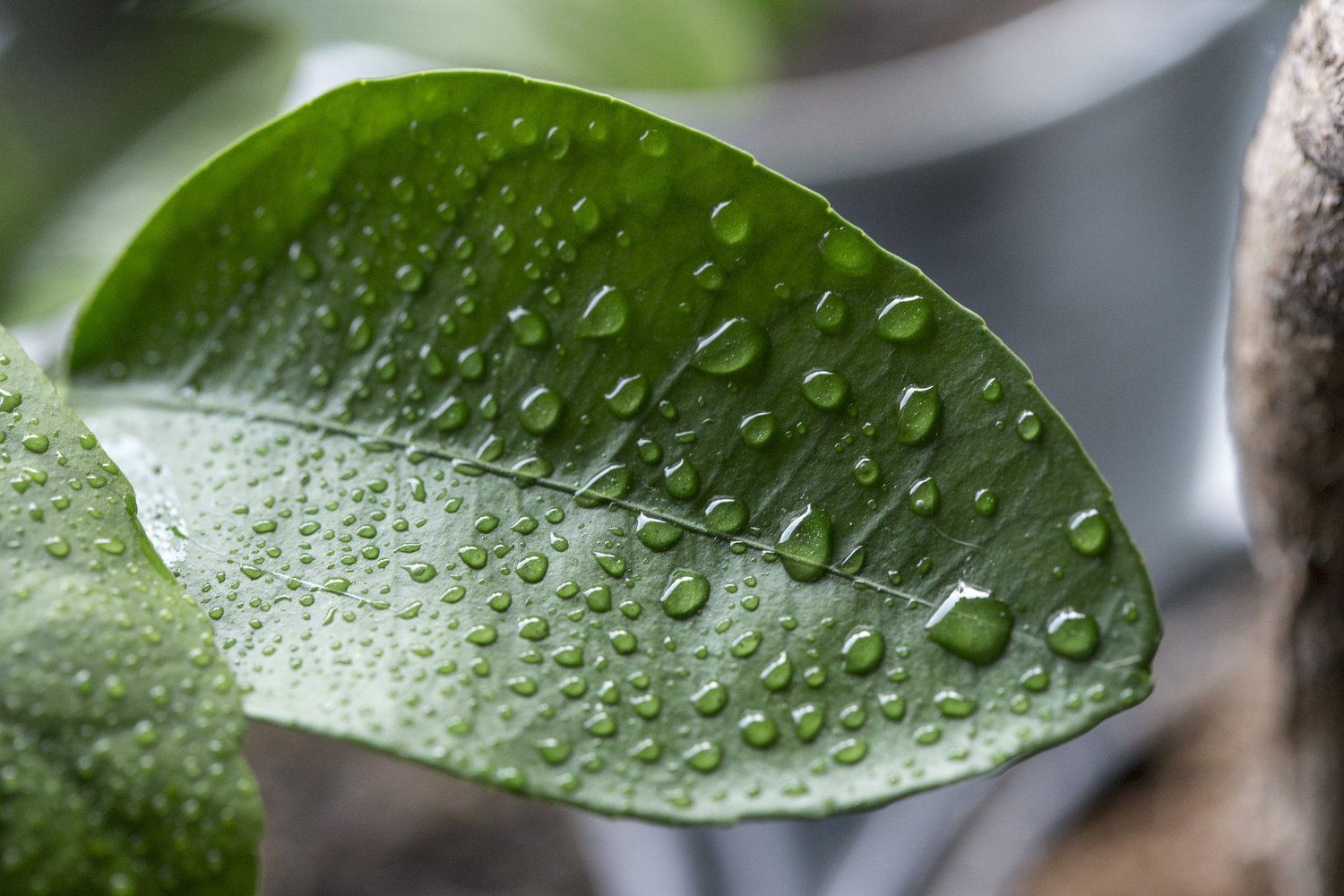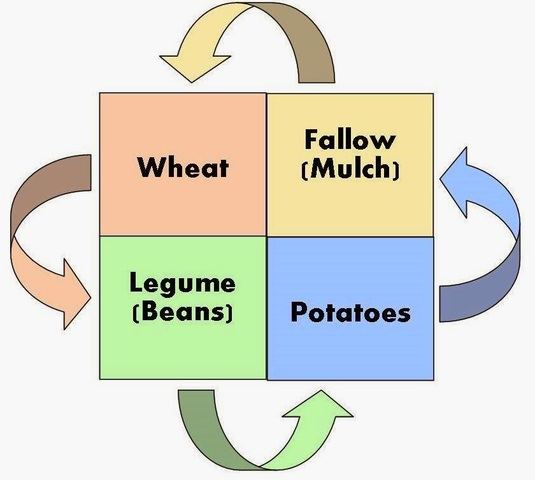Are There Nutrients in Rainwater? Rainwater Has Many Benefits Over Tap Water. Including Major Plant Nutrients & An Ideal pH.

www.bitesizedgardening.co.uk
Maybe you should also do some googling as rainwater has all of the nutrients we feed them. How else do you think plants survived millions of years without human intervention? By flushing the earth? No. By replenishing it with nutrients required for plant life.
Yeah, when did I say it doesnt contain nutrients? I said it contains micro and macro nutrients but comparing it to organic bottled nutrients is ridiculous simply because the ppm of your solution in water is way higher than the ppm of rain water. You asked for this:
"Heavy rains naturally flush salts deeper into soil. While you should be flushing salts from potted houseplants every 4 to 8 weeks throughout the year to prevent salt burn, and most potted plants outdoors every 6 to 12 weeks during dry weather, rainstorms provide an opportunity to flush all of your potted plants with minimal effort."
Allow this natural irrigation to to flush salts from your plants and houseplants then stay off your soil to avoid compaction.

www.gardenzeus.com
Rain in sufficient quantities can leach or wash out excess salts from the soil. Salts come from fertilizers, saline irrigation water and low rainfall. Salt-laden soils make it difficult for plant roots to take up water and nutrients because it creates a high osmotic pressure.
By Deborah Benge Frost

www.mrt.com
Rainwater is naturally soft, meaning it is free of many salts, minerals, and chemicals that can build up in soil, stems and leaves over time. Not only is it gentler on our plants, but it can also help flush out excess salts and chemicals in the soil, bringing your plant back to a healthier state.
When it comes to watering our houseplants, tap water is most people’s go-to. But did you know that using natural sources like rainwater can be beneficial for your plants? Here are three key reasons why catching those raindrops for your houseplants is worth the extra effort: Rainwater is naturally

blog.leonandgeorge.com
Do you want me to keep going or is that enough?
EDIT: Ill put another one so you understand where do plants really get most of their food. Add to those other delightful things rainwater and soil and decomposing microorganisms (the soil is alive full of microorganisms eating and pooping)
"In the wild, plants would suck up
nutrients from the soil. Those nutrients get constantly refreshed with rotting plant matter, animal/insect droppings and other delightful things."
Urban jungles, delivered.

www.patchplants.com
Why do you think they used to rotate crops in the soil? And why our current methods by using harmful chemical pesticides that kill the good soil microorganisms make the soil non fertile? Rainwater is not nearly enough.












